The content of the article
Swans occupy a leading position among the most beautiful birds in the world. They are a symbol of loyalty, prosperity and wealth. People decorate swans with wedding figurines. They believe that this bird will make the marriage of the newlyweds strong. An eager kind of swans is a whooper. The bird belongs to the goose order and the duck family. Beautiful, stately, deserving the most detailed study. This is what we will do today.
Description
Experts came to the conclusion that the Whooper is rightfully considered the largest of the sebaceous individuals. These swans are famous for their impressive dimensions; an individual can weigh 8–15 kg. The hull is larger than 1.5 meters. Agree, impressionable. This subspecies can be determined by a graceful elongated neck, as well as snow-white plumage and short strong legs.Birds have a beak of a black-yellow shade along the length of 9-12 cm.
It is interesting that these swans acquire their whiteness only after puberty and a few molts. As a rule, this occurs when the bird reaches the age of 3 years. Until three years have passed, the birds remain light gray in color. With all this, the head is usually darker than the rest of the body.
To an inexperienced eye it may seem that the birds are not in a hurry, they move slowly, they turn badly. But we really are not. They sail with pride and can start moving at incredible speed at any moment. When a swan wants to take off, he goes over the water surface with his paws and repels. Then soars in the air, proudly dodging danger. Due to the fact that these individuals are large, they do not like to move by land and do so with reluctance.
Habitat
The presented species is migratory. When the cold cycle begins, individuals prefer to relax on the shores of the Mediterranean, the Caspian Sea or Asia. Therefore, they can easily flock and leave the expanses until next year.
However, not every bird can go to a warm land for the winter. If they live already in warm regions, they do not need to fly away somewhere. They will either move to the southern parts, or they will stay and live to heat.
Lifestyle
Birds almost never visit land, most of their life is spent in water sources. This aspect is due to the short paws and dimensions of the swans.
It is difficult for them to move on dry terrain, therefore in such conditions birds feel uncomfortable. They prefer to leave only forcedly and as soon as possible to return to their usual aquatic environment.
As for the water, this breed feels great in such conditions. The birds are leisurely, but this is a deceptive impression. As soon as danger is brewing, the swan quickly paws through the water and flies up.
Nutrition
- In most cases, the individuals in question give preference to the nutrition of plant foods. Mostly swans feed on aquatic plants, their roots and shoots. In addition, birds can often feast on small fish, larvae and invertebrate inhabitants.
- Young individuals often obtain their food near the shore. Chicks dive in search of live food. It is worth noting that adults need a lot of protein food. It is for this reason that adult swans are increasingly rejecting plant foods.
- Such individuals prefer to eat not with plants, but with small fish, larvae and invertebrates. It is worth knowing that the individuals in question almost always remain in the same place. They are not one of those individuals who leave their habitat.
- Even if there are problems with food, the swans will still remain and will look for a way out. It is not uncommon that due to lack of food, the birds completely weaken. They do not even have the opportunity to rise into the sky. However, such individuals recover very quickly.
Lifespan and reproduction
- The considered individuals live on average about 10 years. Swans reach sexual maturity only at the age of three. Moreover, at this time in individuals, the plumage shade changes noticeably. It takes on a snow-white look instead of gray.
- As for the mating season, in the represented individuals it occurs approximately with the end of winter. The male attracts the attention of the female, uttering a pipe loud cry. In addition, he begins to perform a marriage dance in front of his chosen one.
- The voice of the male makes quite interesting sounds. In a rage or moment of irritation, such birds hiss. At this time, these sounds are like goose fizz. After the pair is formed, they start building a nest.
Interesting Facts
- The represented individuals are considered to be among the largest birds that live in Russia.
- The whoopers are the only species of swans that have a straight neck. They simply do not have a bend.
- Adults are so strong that the wing span can break a man’s arm or a small animal can score.
- During the separation of the territory or during the mating season for the attention of the females, the males arrange quite fierce battles.
- At all times, such birds attracted the attention of people.Because of this, many incredible legends appeared. People considered swans a symbol of loyalty and love.
Birds of this group often settle on open water sources, where there is a decent amount of thickets near the coastline. Also the Whoopers live in the seas and on the lakes. It is extremely rare to settle near the houses of a person, but this is regarded by people as a sign from above.
Video: The Whooper Swan (Cygnus cygnus)

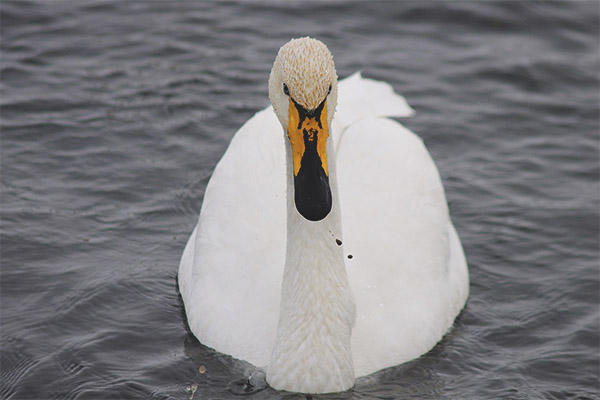
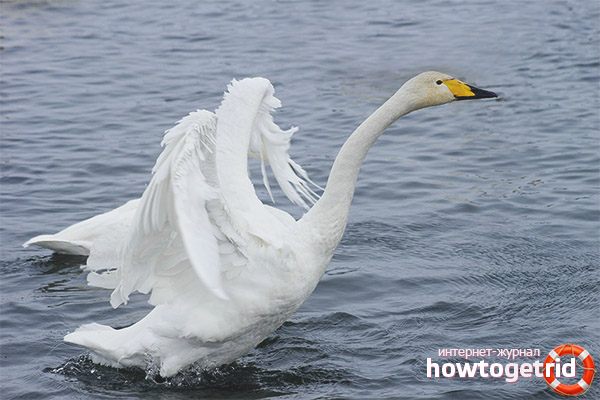
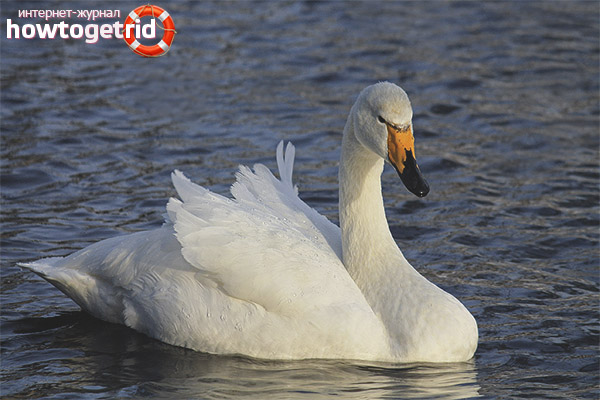

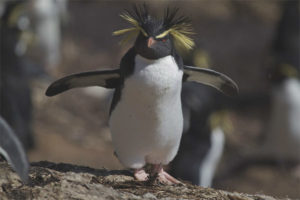
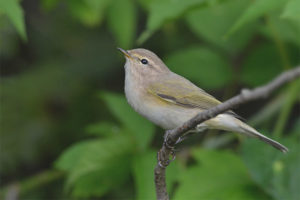
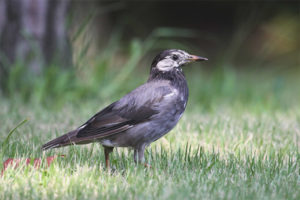
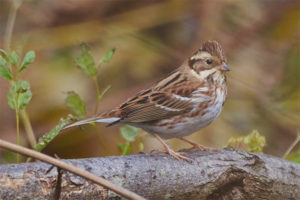
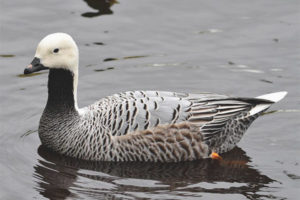
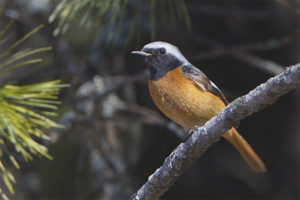
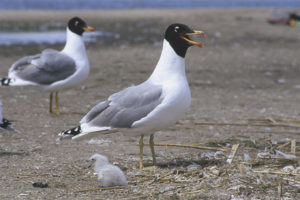
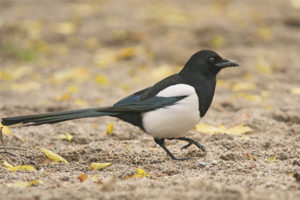
To send